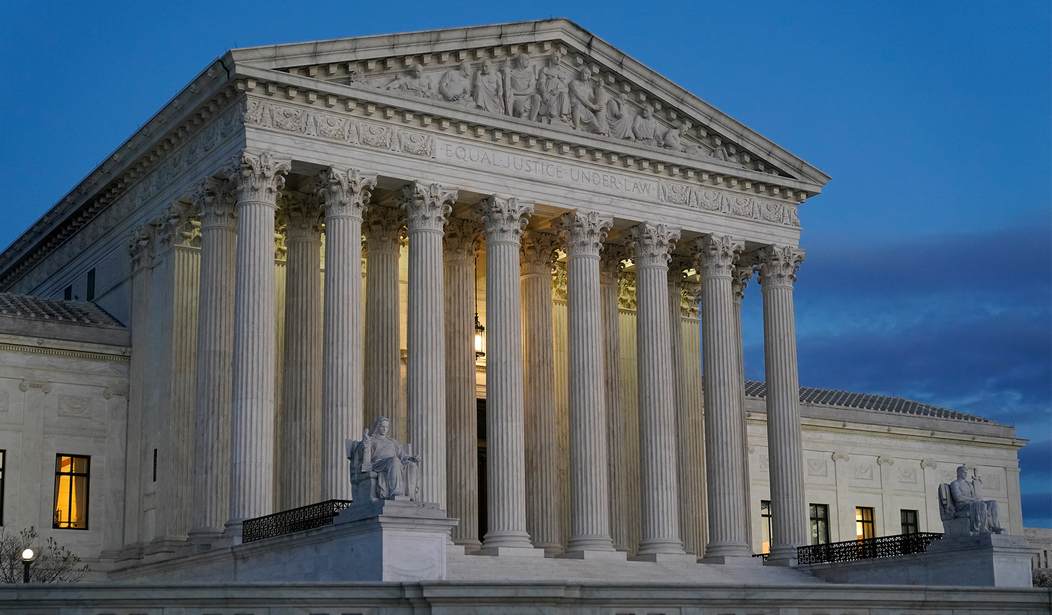There are currently two cases before the U.S. Supreme Court that could spell the end of race-based quotas (typically called affirmative action) policies in academic admissions. And with a 6-3 conservative majority on the court, it seems like this might be the best chance to see that happen.
The two cases, Students for Fair Admissions vs. Harvard and Students for Fair Admissions vs. the University of North Carolina, are expected to be decided in June.
Liberals who advocate for such policies have every reason to be nervous. Last year, the Supreme Court overturned Roe v. Wade after determining the 1973 landmark case had been wrongly decided. Americans’ position on abortion is complex. According to Gallup, 79% of Americans believe abortion should be legal in all (29%) or under certain (50%) circumstances. This means that the same poll found that 70% of Americans either oppose abortion (20%) or favor limits on it (50%). A majority of Americans also oppose taxpayer dollars being spent on abortions.
In theory, there ought to be a middle ground on abortion, like restricting abortions after 15 weeks gestation, but the Democratic Party is owned by the abortion lobby, which supports completely unrestricted abortion. However, with proper messaging, pro-life advocates could likely help pass gestational limits with majority support in various states.
Related: What the Left Gets Wrong on Abortion Polling
As for race-based admissions, there is far less ambiguity; Americans clearly oppose it. While Americans favor diversity in higher education, they don’t support so-called affirmative action policies to achieve that goal. A 2022 Pew Research poll found that 73% of Americans oppose schools taking race or ethnicity into consideration when making decisions about student admissions, with 19% saying it should be a minor factor and only 7% saying it should be a major factor. The same poll found that 62% of black Americans, 65% of Hispanic Americans, and 58% of Asian Americans think race or ethnicity should not be a factor.
That’s an overwhelming rejection of so-called affirmative action policies.
That’s not to say that if the Supreme Court ruled that race-based admission were unconstitutional it wouldn’t be controversial — it certainly would, and I would love to see liberal heads spin should Justice Clarence Thomas, a black conservative justice and a known opponent of affirmative action, write the opinion that strikes down race-based admissions. That would be amazing to see!
Thomas’s views on affirmative action, of course, differ from the other minorities on the court, Ketanji Brown Jackson, who is black, and Sonia Sotomayor, who is Latina. I may not be a biologist, but allegedly they are both women, too. You could certainly expect that one of these two would write an opinion in favor of keeping race-based admissions. Probably Jackson, since she herself is an affirmative action choice of Joe Biden — who promised to nominate a black woman to the Supreme Court.
Related: The Top Five Worst Affirmative Action Picks By Democrats
Still, opponents of race-based college admissions have reason to be hopeful that racial quotas could become a relic soon enough. While abortion regulation was sent to the states, the impact of a Supreme Court ruling against race-based admissions would have a much more substantial impact considering how many colleges and universities receive some federal funding.










